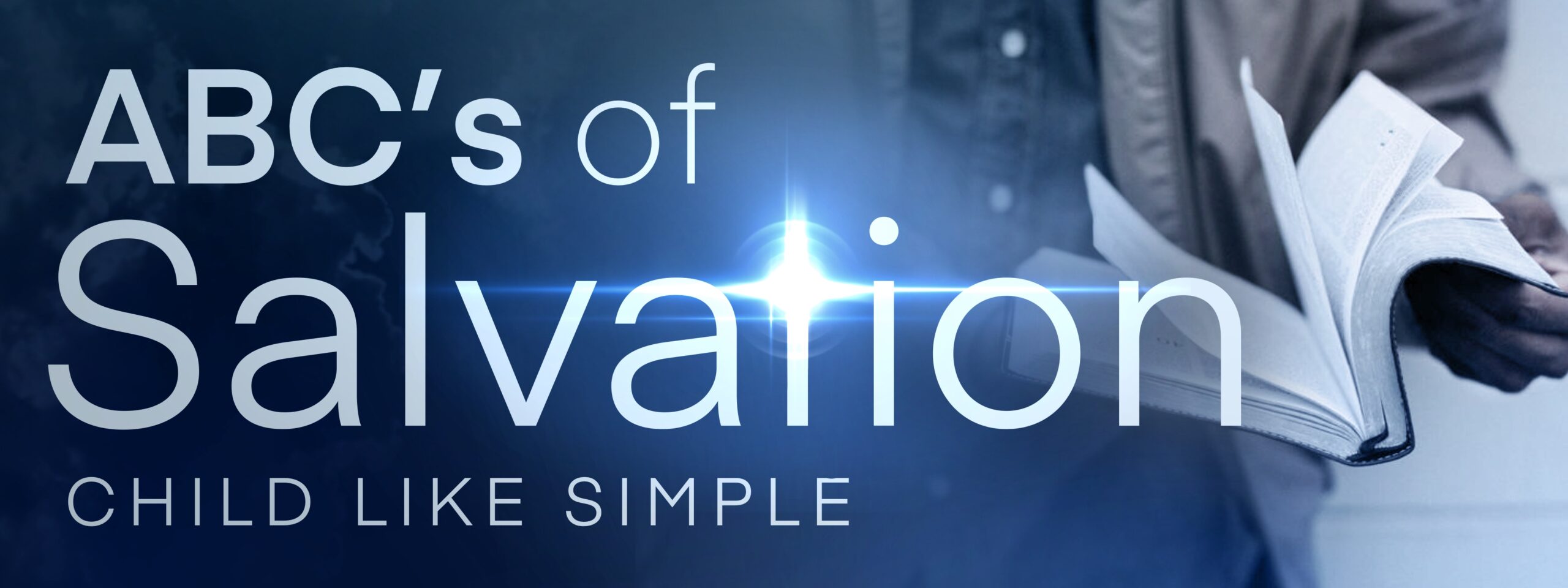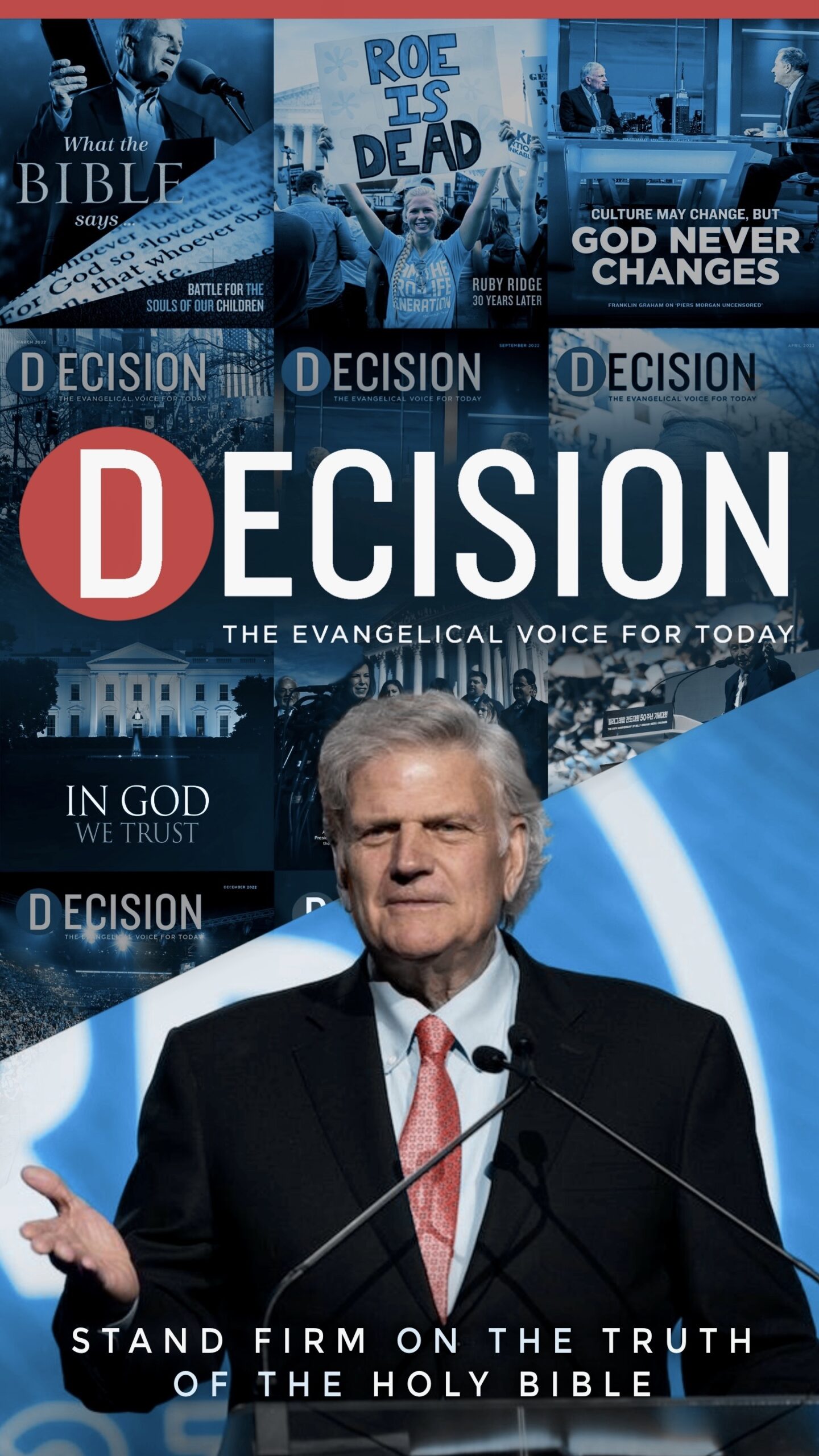When the Israelites were exiled to Babylon, they were commanded to seek the welfare of this pagan city and to “pray to the Lord” for its people (Jeremiah 29:7). They were to pray for their cruel captors whose armies captured Jerusalem, killed many Jews, and for sport threw Jewish babies against the rocks.
Let me say it again: they were to pray for their enemies! To pray for their oppressors! They were to pray for the people who worshiped dumb idols that allowed the population to participate in sexual orgies. The Jews found themselves where we are in America today—a minority in the midst of a majority pagan culture.
The most compelling example of praying in Babylon is Daniel who, even as a 17-year-old boy arriving in Babylon, had a consistent prayer life. Soon he became an advisor to evil King Nebuchadnezzar, whose cruel armies had captured Jerusalem. Now as an older man in his 80s, Daniel became a trusted advisor to King Darius, who was planning to promote his loyal servant.
But some of the governors of the kingdom became jealous of Daniel and plotted his demise. They knew that Darius had reserved a den of hungry lions for anyone who refused to obey his orders. These evil men were so incensed by Daniel’s prayer life that they persuaded the king to make a decree that “whoever makes petition to any god or man for thirty days, except to you, O king, shall be cast into the den of lions” (Daniel 6:7).
Darius signed the order.
But Daniel feared God more than the lion’s den!
“When Daniel knew that the document had been signed, he went to his house where he had windows in his upper chamber open toward Jerusalem. He got down on his knees three times a day and prayed and gave thanks before his God, as he had done previously” (Daniel 6:10). We all know that God sent an angel to close the mouths of the lions. But—and this is critical—Daniel had no such assurances when he was thrown into that dungeon. In life or death, Daniel had a compelling desire to bring glory to God.
![]()
In Your Inbox
Paganism despises religious tolerance. Daniel was not intruding on anyone else’s right to worship whatever god they chose. He was not compelling pagans to believe in Jehovah; he was not even praying in a public place where he might be a nuisance to those who passed by. He was in his own house, kneeling alone to pray and worship. But that was not good enough for those who hated the God of Abraham, Isaac and Jacob.
I wish we’d been there to hear Daniel pray. With the threat of the lion’s den in his future, I have no doubt that he prayed desperate prayers.
To paraphrase Samuel Johnson, nothing focuses the mind like the knowledge that one is to be hung in a fortnight. I doubt that Daniel prayed only for deliverance; most likely he prayed for faithfulness. His life was not in the hands of the king or the lions but in God’s care.
The lesson for us is clear: Let us not be intimidated by a culture that wants to prohibit our obedience to God and worshiping Him. Let us not back off when laws are made that compel us to compromise our conscience or silence our witness. We may not be thrown into a lion’s den, but we might be ostracized, lose our jobs or be fined. Or shamed.
Daniel’s extended prayer in Daniel 9:3–19 reveals what he prayed while in Babylon. His prayer was dominated by two themes: the righteousness of God and the sin of the nation Israel. He pleads for undeserved mercy:
“We have sinned and done wrong and acted wickedly and rebelled, turning aside from your commandments and rules. We have not listened to your servants the prophets, who spoke in your name … To you, O Lord, belongs righteousness, but to us open shame” (verses 5–7).
Interestingly, he did not pray for the Babylonians, though undoubtedly he prayed for them on other occasions. His primary concern was for the people who were “called by God’s name.” The New Testament follows the same pattern. Read Paul’s prayers, and you’ll see they were exclusively for believers, that they might walk in obedience and faith. The culture can’t be changed until people are changed. The world can’t be made right until believers are made right.
Daniel learned that earnest prayer also attracts the opposition of the spirit world. For three weeks he mourned, fasted and prayed with no visible results. Then, in a terrifying vision, he heard a voice that assured him that his prayer had been heard as soon as it had been uttered, but the answer was delayed because “the prince of the kingdom of Persia” withstood the messenger until the angel Michael came to his rescue (Daniel 10:13). Evidently, an evil spirit, perhaps Satan himself, was trying to direct the policies of the kingdom of Persia, and attempted to block the revelation that Daniel was about to receive. But Daniel persisted and the answer came.
When we read Daniel’s prayer, we can’t help being convicted of the need for us to pray beyond our own lives and families. This is not a time for us to pray prayers of blessing without prayers of deep repentance. We have to call on God on behalf of His church, and yes, our nation and God’s witness in the world. Corrie ten Boom said, “The wonderful thing about praying is that you leave a world of not being able to do something, and enter God’s realm where everything is possible.”
And if we have no burden to pray? We wait before God until He shares His will with us.
In preparation for this article, I decided to read Daniel’s prayer each day for a week, substituting the church and the United States for the references to the nation Israel. My own heart was challenged, and the burden I have for my country increased. I discovered that Daniel said it better than I could, “For we do not present our pleas before you because of our righteousness, but because of your great mercy” (Daniel 9:18).
If Christians were to spend as much time praying for the enemies of Christianity as we do complaining about them, we might yet be amazed at what God would do in our country. As a result of Daniel’s prayer, God answered and brought the Israelites from Babylon back into the land. God often works without our prayers, but our intercession moves His hand.
Prayer is not just saying the right words; it is having the right heart. We must begin confessing our own prayerlessness before we begin to earnestly pray. The distractions of Babylon must be set aside to focus on what is most important.
The time to repent is now.












